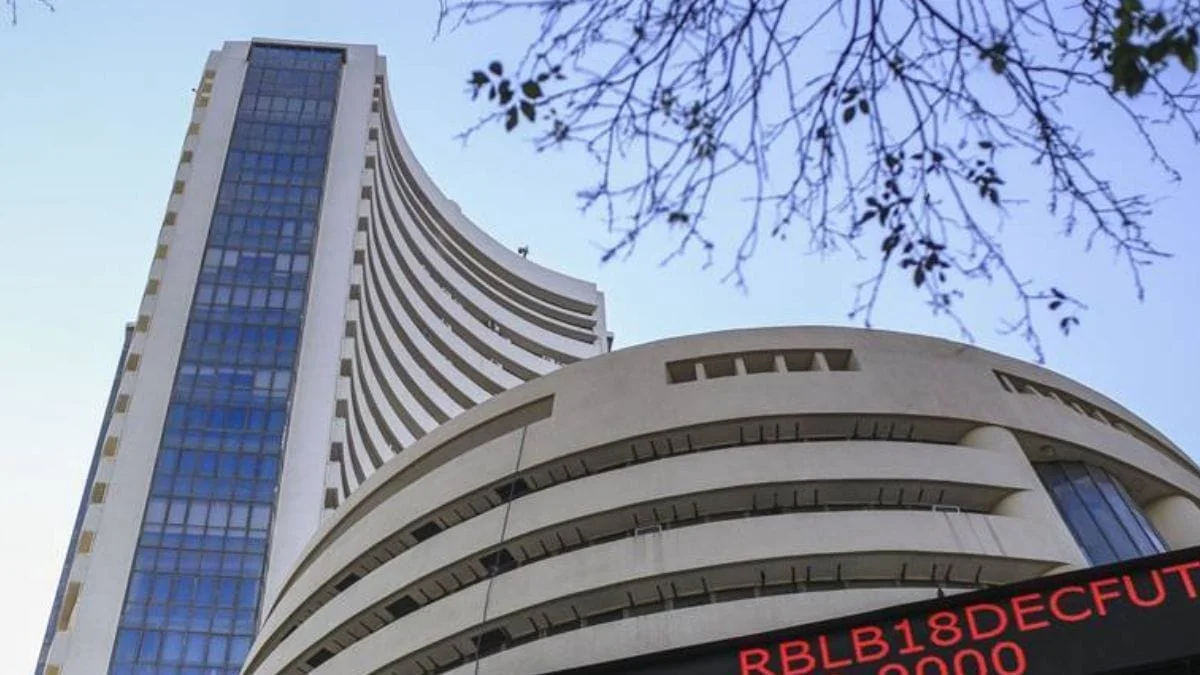This near-term uncertainty could further impact an already underperforming though expensive Indian equity market, said CLSA in its latest India strategy note, flagging a fresh wave of global risk aversion after the US President announced a 25% tariff on Indian imports, along with penalties tied to India’s trade with Russia.
The brokerage warned that the move weakens India’s perception as a geopolitical safe haven and could weigh heavily on foreign institutional investor (FII) flows, especially at a time when valuations remain elevated and domestic earnings visibility is patchy.
India’s safe haven status under threat
While India has long benefited from its strategic balancing act between the US and Russia, CLSA analysts Vikash Jain and Aditya Jaiswal noted that the aggressive tariff and penalty regime may make it harder for India to maintain that position.
“These comments from the US President raise questions on India’s ability to continue benefiting from its unique geopolitical standing. At a time when Indian equities trade among the world’s most expensive, this could make it more difficult to attract FII inflow,” CLSA noted.
Direct and indirect impact on markets
The direct impact of the US tariff move could hit sectors like pharma, electronics, auto ancillaries, cables, and tiles, where the US sets benchmark pricing. More importantly, the indirect impact of capital outflows and global growth fears is expected to weigh heavily on SMIDs and domestic cyclical sectors like NBFCs, real estate, and industrials.
CLSA also noted that the Indian rupee’s depreciation may offer some cushion to IT stocks, which could outperform due to now more reasonable valuations.
Export exposure and sector implications
India’s goods exports to the US total around $87 billion, or ~2.5% of GDP. The new 25% tariff, along with the penalties for India’s continued energy and military trade with Russia, could impact India’s key export-driven sectors. CLSA flagged that textiles, agriculture, chemicals, and engineering goods may face pressure in the near term.
Volatility to rise, easing may be needed
With capital flows likely to soften and domestic demand still lukewarm, CLSA believes the RBI may need to pursue monetary easing to buffer the impact on growth. The narrowing US trade deficit, rising dollar strength, and delayed Fed cuts could all trigger more volatility in global and Indian markets, the note said.


